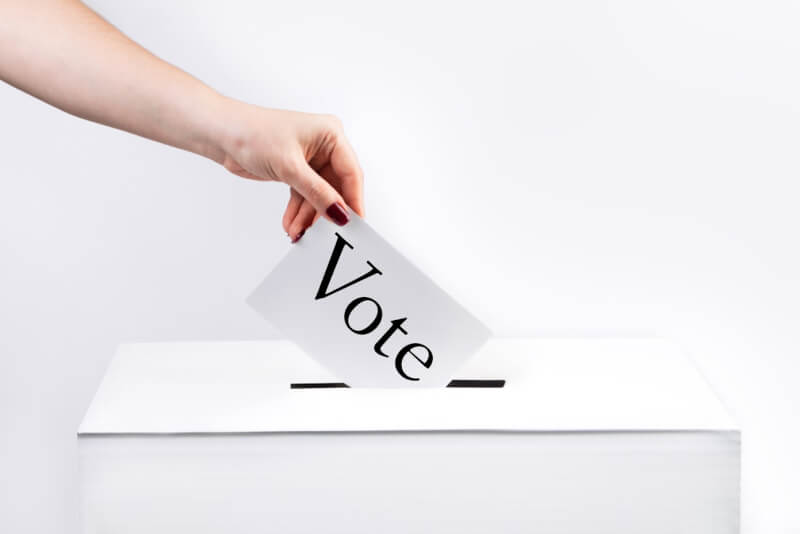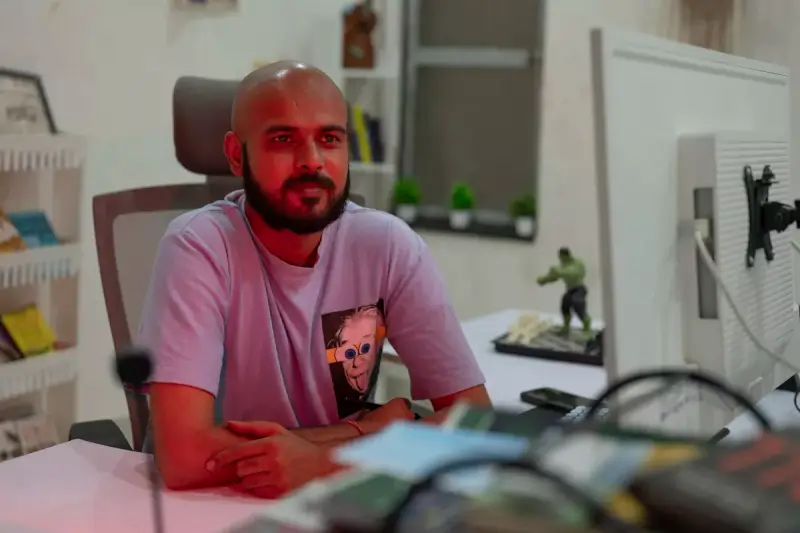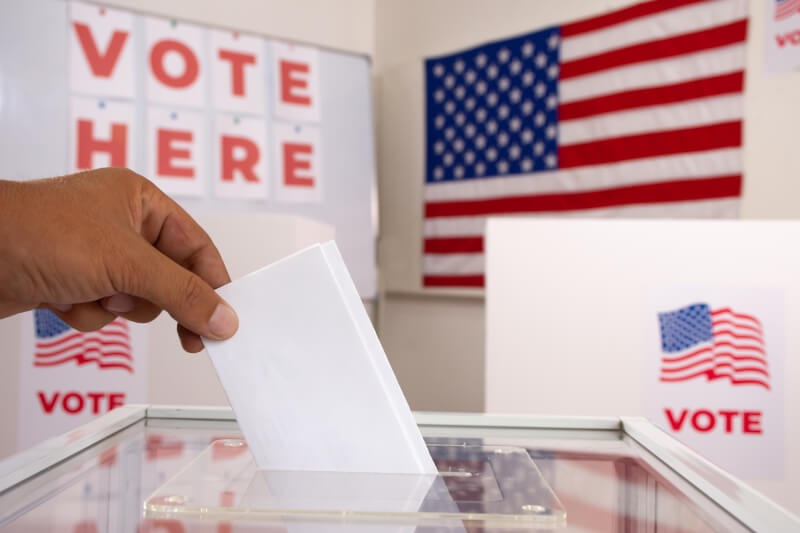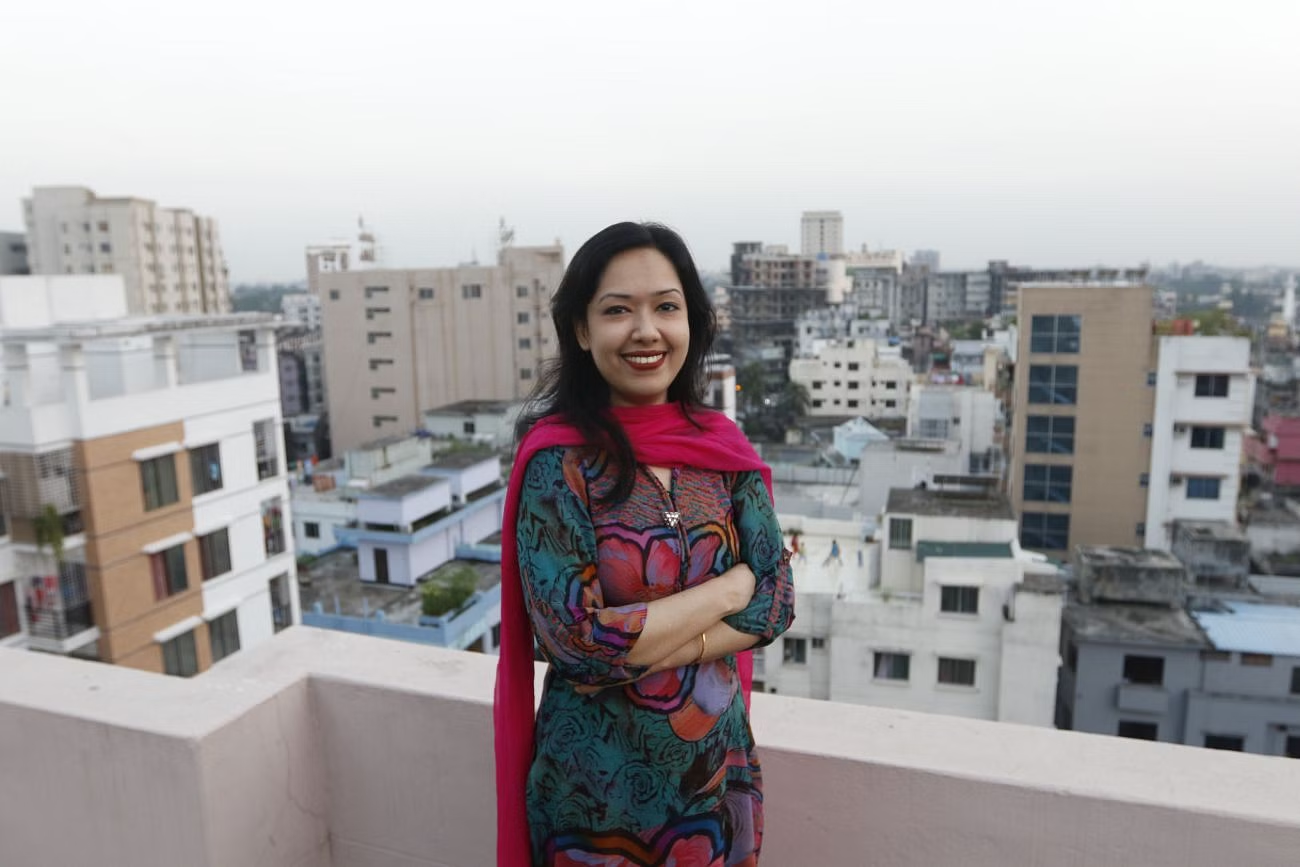AI deepfakes threaten global elections

Divyendra Singh Jadoun's phone is constantly ringing. Known as "The Indian Deepfaker", Jadoun is famous for using artificial intelligence to create Bollywood sequences and TV commercials.
But as voting in India's elections begins, Jadoun says hundreds of politicians have lined up for his services, more than half of whom have asked for "unethical" things. Candidates asked him to falsify audio recordings of competitors making mistakes on the campaign trail, or to superimpose challengers' faces over pornographic images. Some campaigns have requested low-quality fake videos of their own candidate that could be released to cast doubt on any incriminating real videos that emerge during the election.

Jadoun, 31, says he rejects jobs meant to blackmail or deceive. But he expects many consultants to comply with requests, bending the reality of the world's biggest election, when more than half a billion Indian voters go to the polls.
"The only thing that prevents us from creating unethical deepfakes is our ethics," Jadoun said. "But it is very difficult to stop this."
India's elections, which began last week and will run until early June, offer a taste of how an explosion of AI tools is transforming the democratic process and making it easy to develop fake media around the campaigns. More than half of the world's population lives in the more than 50 countries that will hold elections in 2024, marking a crucial year for world democracies.
Although it is unknown how many AI fake media have been created by politicians, experts say they are observing a global increase in election-related deepfakes.

"I'm seeing more [political deepfakes] this year than last year, and the ones I'm seeing are more sophisticated and convincing," said Hany Farid, a computer science professor at the University of California at Berkeley.
As lawmakers and regulators from Brussels to Washington rush to craft legislation to limit AI-powered audio, images and video in election campaigns, a regulatory vacuum is emerging. The European Union's ground-breaking AI law will only come into force after the parliamentary elections in June. In the US Congress, bipartisan legislation that would ban false portrayals of federal candidates using AI is unlikely to become law before the November election. A handful of US states have passed laws punishing people who make misleading videos about politicians, creating a political patchwork across the country.
Meanwhile, there are limited guidelines to deter politicians and their allies from using AI to trick voters, and enforcers are rarely a match for fakes that can spread quickly on social media or in group chats. The democratization of AI means that it is up to individuals like Jadoun, not regulatory authorities, to make ethical choices to avert AI-induced electoral chaos.

The Department of Homeland Security in the United States warned election officials in a memorandum that generative AI could be used to enhance foreign influence campaigns aimed at elections. AI tools could let bad actors impersonate election officials, DHS said in the memo, and spread false information about how to vote or the integrity of the election process.
These warnings are coming true all over the world. State-backed actors used generative AI to interfere in Taiwan's election earlier this year. On election day, a group affiliated with the Chinese Communist Party released an AI-generated audio of a prominent politician withdrawing from the Taiwanese election and endorsing another candidate, according to a Microsoft report. But the politician, Foxconn owner Terry Gou, had never made such a statement of support, and YouTube removed the audio.
Taiwan ultimately elected Lai Ching-te, a candidate opposed by the Chinese Communist Party, marking the limits of the campaign to influence election results.
Microsoft expects China to use a similar strategy in India, South Korea and the United States this year. "China's increasing experimentation with amplifying memes, videos and audio is likely to continue, and may prove more effective over time," the Microsoft report said.
But the low cost and wide availability of generative AI tools have allowed individuals without government support to engage in deceptions that match national campaigns.

In Moldova, AI deepfake videos depicted the country's pro-Western president Maia Sandu stepping down and urging people to support a pro-Putin party during local elections. In South Africa, a digitally altered version of rapper Eminem has endorsed a South African opposition party ahead of the country's May elections.
In January, a Democratic political operative faked President Biden's vote to urge voters in the New Hampshire primary not to go to the polls — a stunt designed to draw attention to the problems with the medium.
The rise of AI deepfakes could change the demographics of those running for office, as bad actors predominantly use synthetic content to target women.

For years, Rumeen Farhana, a politician from the opposition party in Bangladesh, has faced sexual harassment on the Internet. But last year, an AI deepfake photo of her in a bikini surfaced on social media.
Farhana says it is unclear who made the photo. But in Bangladesh, a conservative Muslim country, the image received hateful comments from ordinary citizens on social media, with many voters assuming the image was genuine.
Such attacks can prevent women candidates from participating in political life, Farhana said.
"Whatever new things come up, it is always used against the women first. They are the victims in every situation," Farhana said. "AI is by no means an exception."
Latest gadgets
-
19 Sepgadgets
-
23 Maygadgets
LaserPecker LP5 Laser Engraver
-
01 Maygadgets
Swytch launches Swytch Max+ Kit
-
10 Margadgets
DJI AIR 3S
-
03 Margadgets
Razer Wolverine V3 Pro
-
21 Febgadgets
OBSBOT Tiny 2 SE
-
13 Febgadgets
Corsair launches Platform:4
-
17 Jangadgets
Nerdytek Cycon3
Most read gadgets
Latest gadgets
-
19 Sepgadgets
DJI launches Mini 5 Pro
-
23 Maygadgets
LaserPecker LP5 Laser Engraver
-
01 Maygadgets
Swytch launches Swytch Max+ Kit
-
10 Margadgets
DJI AIR 3S
-
03 Margadgets
Razer Wolverine V3 Pro
-
21 Febgadgets
OBSBOT Tiny 2 SE
-
13 Febgadgets
Corsair launches Platform:4
-
17 Jangadgets
Nerdytek Cycon3






